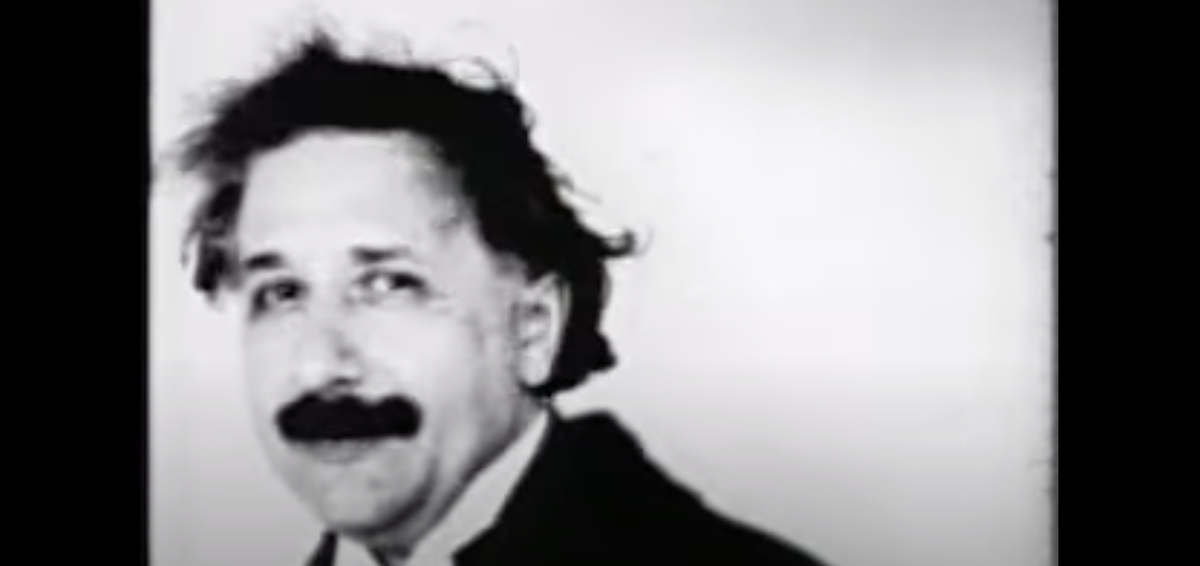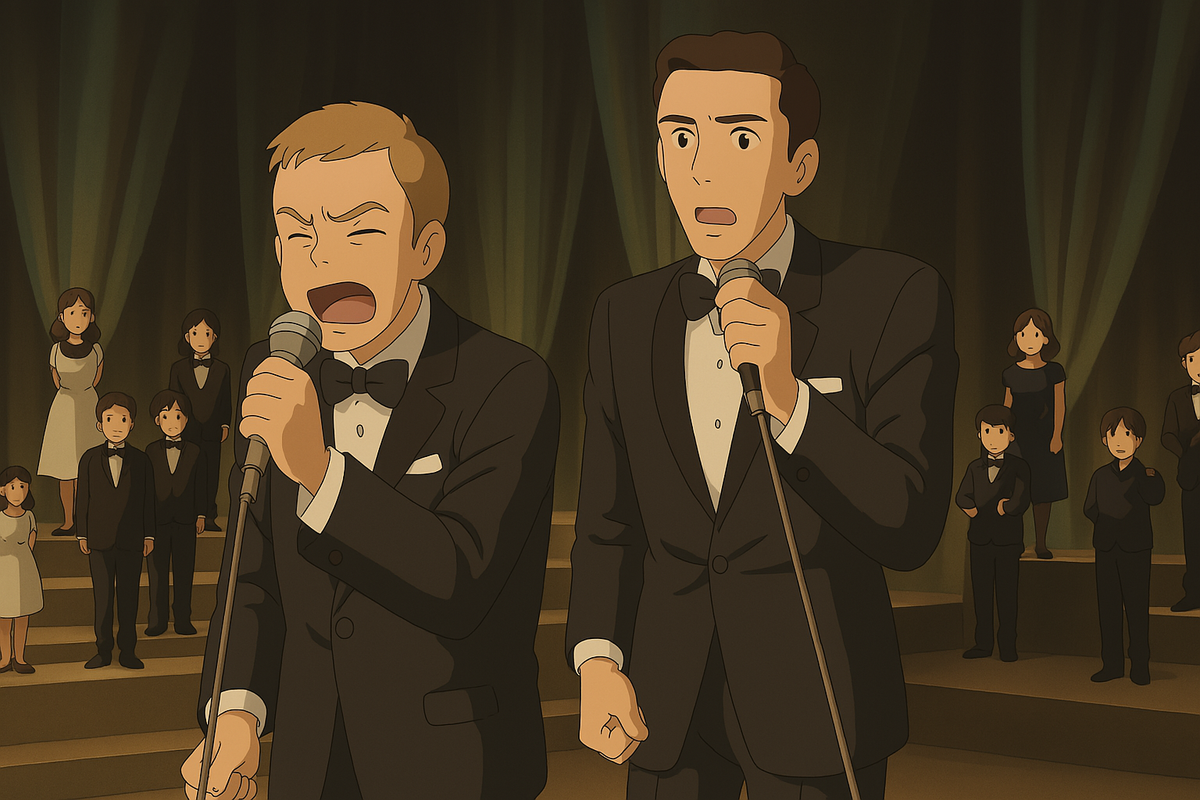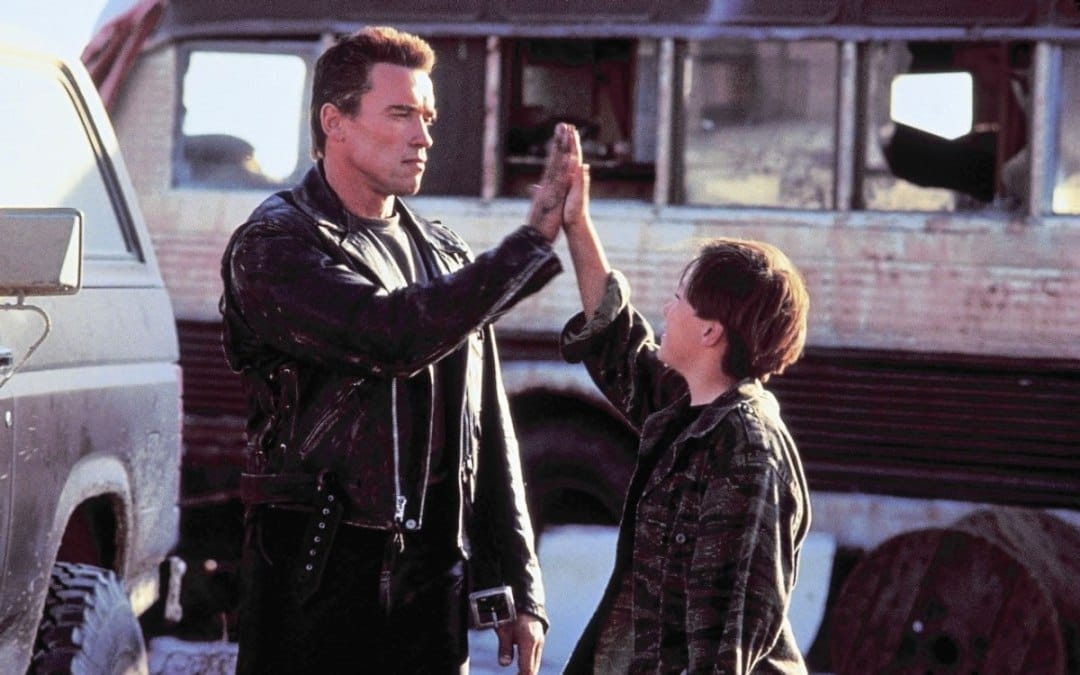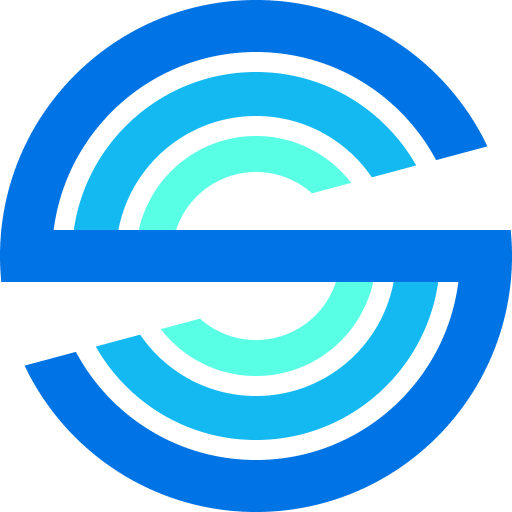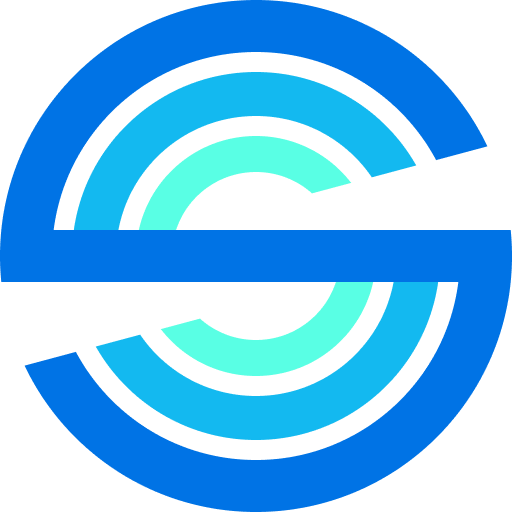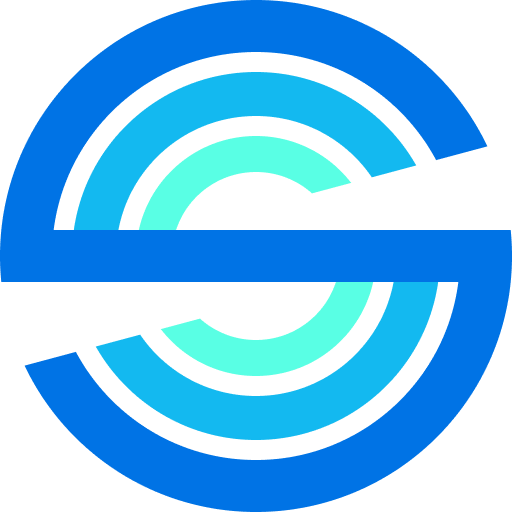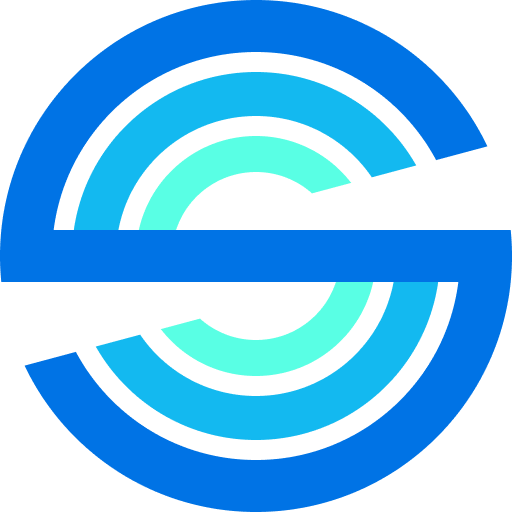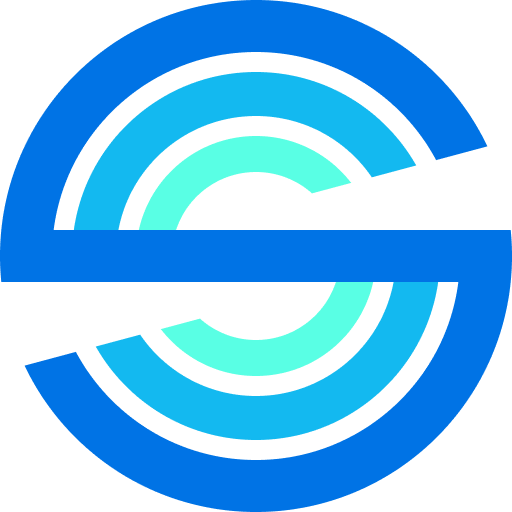A Spirited Debate Around AI
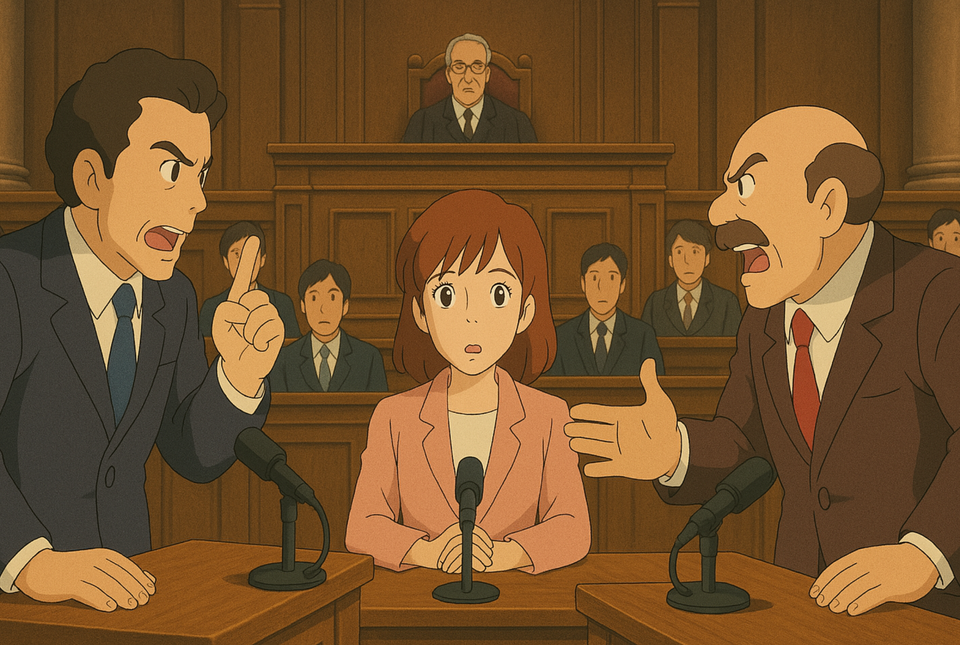
I know it seems impossible to imagine right now, but at some point soon, this too shall pass. By “this” I mean having every single post in your social media timeline be a Studio Ghibli-style image created by ChatGPT. One day we will wake up and all those images will be gone, as if spirited away.
This will probably not be the result of copyright police swooping in — though I might not put that past a certain someone, who must be feeling particularly annoyed at the moment when every post on Xitter has been created by OpenAI — but more because that’s how the internet works. Something seemingly random blows up, it turns into a meme, and then it’s everywhere. But just as quickly as it exploded into our lives, it’s gone. On to the next meme.
Of course this wasn’t exactly random. The proliferation of things in the style of Ghibli has long been a staple of the internet and pop culture. It’s because Hayao Miyazaki’s films are so great and so popular and so distinctive. ChatGPT’s new image functionality baked into their GPT-4o model came along and tapped into that latent demand. Not intentionally, of course. But as is the case with most things on the internet, life, uh, finds a way — to imitate art. Quite literally here.
Anyway, like Howl’s castle, the internet will move on. I’m not sure how much solace this will give Miyazaki, who long before this memedom had declared AI-generated art “an insult to life itself”. But ultimately, it may have a longer lasting impact in that it’s forcing us to have a debate about this right now, in the open.
This isn’t yet another “open” letter from Hollywood, this is real people having debates around this new technology and the usage of it as it pertains to real life. And that is what should help shape norms here. Because new laws, even if they made sense, are going to move too slowly to meet the moment when things are moving at the speed of AI.
At the highest level, in a way, this starts with a debate about personal freedom and choice. No one would argue that you can’t draw your own picture in the style of a Studio Ghibli film. You could even draw a scene from one of those films for yourself if you wanted and no one is going to arrest you. Yes, even if you’re skilled enough and your work looks indistinguishable from the real thing. It becomes more complicated when you post this online, but really only if you’re attempting to commercialize it in some way. And to play this out to the extreme, if you tried to make your own film in such a style, you’re undoubtedly going to get sued and you might lose such a case depending on just how closely your work resembles that of Studio Ghibli.
But even there, it likely comes down to the murky world of intent. What was going on in your mind when you did this? Even with the laws in place, there are just so many shades of gray here. You can protect characters and story ideas, but you can’t really protect a “style”. And it becomes all the more muddled when you throw into the mix a tool which can do all of this at scale. With perhaps levels of skill that you would not be able to match. Certainly that the vast majority of people could not.
And that backs into how such systems are able to do such things at such scale with such precision. The debate shifts to the ways in which these tools were trained. Was copyrighted material used? And if so, is that actually illegal? Or is that fair use? Is that different from what a human being does in ingesting content, as it were? Is that just because of the scale or because of the output? Even if it's just a potential for an output? Is it legal if the intent of the end user is simply to make something for themselves, for non-commercial use? Where’s the line where this falls on the user of the tool versus the tool itself?
Obviously, all those debates are being had right now and really just heating up. But the reality is that there’s probably no perfect answers to these questions. And again, any laws are unlikely to put such genies back in their bottles. Even if you stop OpenAI from allowing for any sort of imitation of art, dozens and soon hundreds and then thousands of other models will pop-up to take their place.
What if you train the model yourself for your own, individual purposes? That may not be feasible right now, but one day it undoubtedly will be. How is this different than drawing your own picture?
I understand that many if not most artists don’t want to hear any of this. But the worst thing in the world they could do right now is bury their heads in the sand and not engage in such debates. And just hope it all goes away. It’s not going to go away. This is just a taste of what’s to come. I’m not trying to be insensitive or even provocative, I’m trying to be realistic.
This isn’t the end of art. It may indeed be the dawn of a new age for art. And that may not devalue the human-created art as is the clear fear right now. In fact, it may even elevate it. Perhaps that sounds naive, but as is the case with everything I write, my aim is to ultimately be right. I think this is far more likely an outcome than the grim alternative. I think the proliferation of AI tools and the subsequent explosion of AI-generated art is just going to lead to newfound desires and appreciation for the human-made varieties.
But even this outcome won’t have everyone celebrating because it’s quite possible that this in turn leads to a world in which the human-made art is more inaccessible to the masses because it has been bid up in price by those who can afford such things. Said another way: the masses may find comfort in the AI-made approximations of the human-created art.
And that sounds decidedly dystopian, but if something — anything — brings someone joy for even just a moment in their lives, who is to say that’s a bad thing? Why should we care about how it’s created? Because it’s work that’s derivative of work created by a human? What if we consider prompting itself a new form of art? Is that less valuable because it doesn’t involve physically drawing an image? Or capturing one with a camera? Who gets to judge that?
You might be inclined to make the argument that it should boil down to time spent on a craft. But that also feels like a slippery, if not entirely arbitrary, slope and scope. Time, as with most things, is relative. It may not seem like it, but that may only be because you have enough of it to spend time on art. If a working parent wants to create a picture of their child in the style of a Studio Ghibli film but only has the time to do so using a prompt of an AI tool is that a bad thing? If it makes them feel good? If it makes the child happy? If they both cherish it? Should they not?
I’m obviously running this all out to the extremes here, but that’s the point. Such debates to be had need to be framed appropriately. It’s not as black and white as not letting a user create an image that looks like the style of a piece of art that someone else made. That may sound straightforward to you right now, but it’s not. And with each passing day, it’s going to get more gray.
Whatever debate we're having right here, right now in 2025 is going to seem ridiculous in 2035. And my hope and belief is that it's largely because all of this ended up being a net positive thing, not the end of art nor artists.
My own viewpoint right now is that artists should engage in such debates, not about how to stop this – that's folly – but about how to figure out the right monetization mechanism for this new world. That includes not just illustrators and filmmakers, but photographers and painters and writers and journalists and everyone in between. Just as Google created a new economy based around the notion of links and clicks, paid for by new forms of advertising, these AI tools are already creating a new economy around creation and information and delegation (and likely every other “ion”, eventually). People are increasingly paying for such newfangled tools and services, which is great, as that probably wouldn’t have been the case 20 years ago, when the rails weren’t yet in place. Now to figure out the flip side: how to get people paid for helping to power such things.
After all, creating an illustration that becomes a movie may indeed be art, but it also is a business model. Let’s not lose sight of that in this spirited debate.
